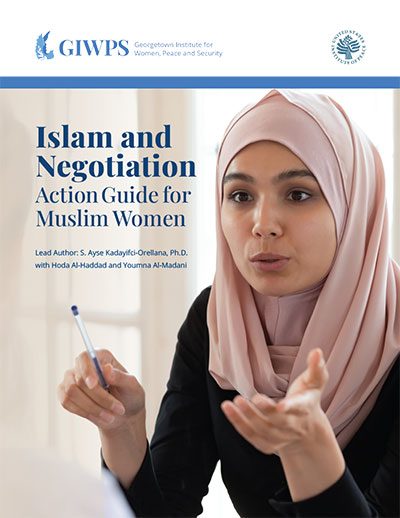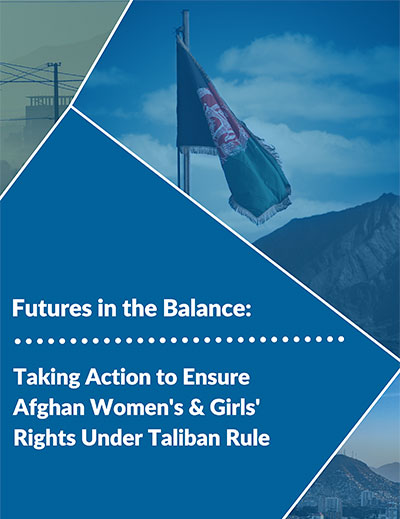Policy Resources
By and for afghan women
Afghan women leaders have spent their careers advancing successful, inclusive solutions to humanitarian issues, access to education, protection of human rights defenders, economic development, amongst other critical topics. Now, more than ever, their expertise and calls to action must be centered in global policy debates on Afghanistan. This page houses recommendations from Afghan women leaders that promote a peaceful, prosperous and just society for all Afghans.
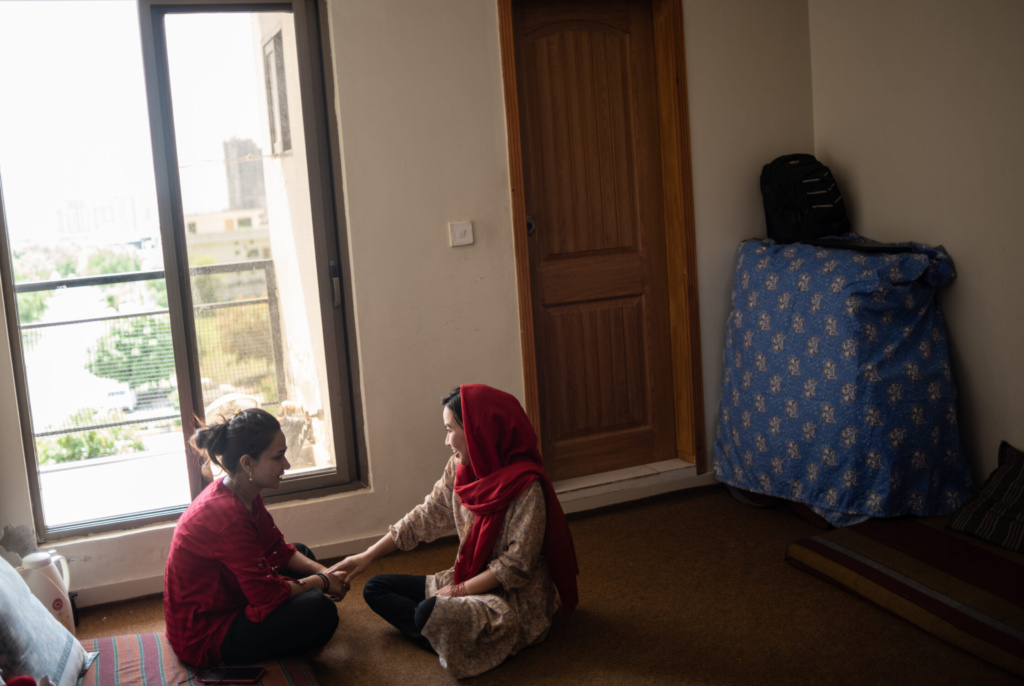
NGOs Express concern for safety of afghan women in pakistan
Over 20 NGOs signed a letter urging President Biden to prioritize the safety of Afghan women in Pakistan, after a recent announcement from the Pakastani government that all unregistered immigrants would be subject to deportation as of Nov. 1, 2023.
Download the letter here
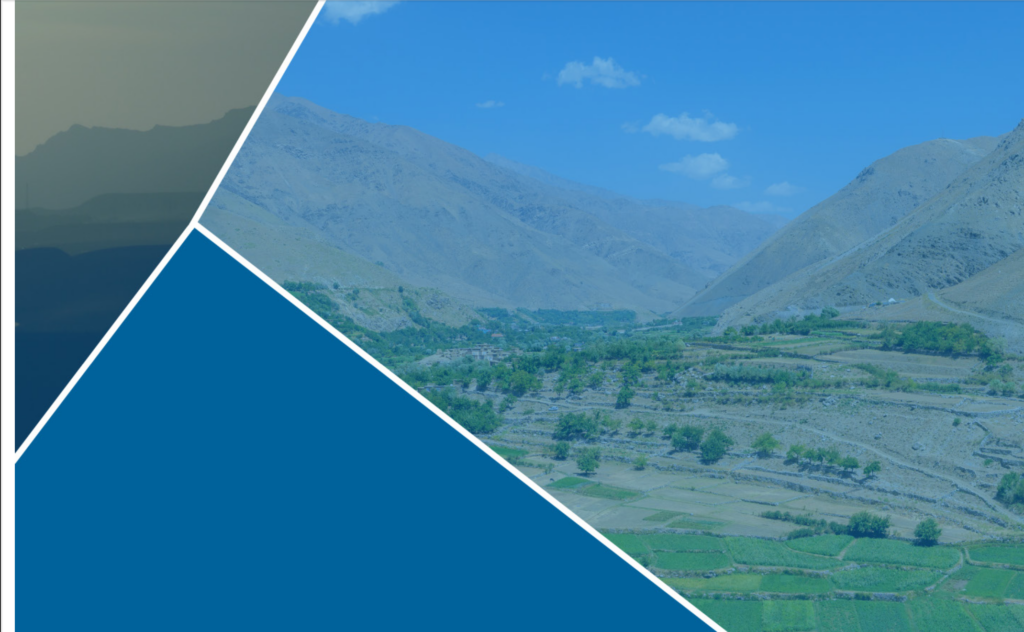
Marking two years of Taliban oppression
This statement from U.S. Policy Advocates for Afghan Women and Girls was released on August 15, 2023. The statement calls for the U.S. to elevate efforts to support and protect Afghan women and girls by making policies related to Afghanistan a government-wide priority.
» Download the PDF here
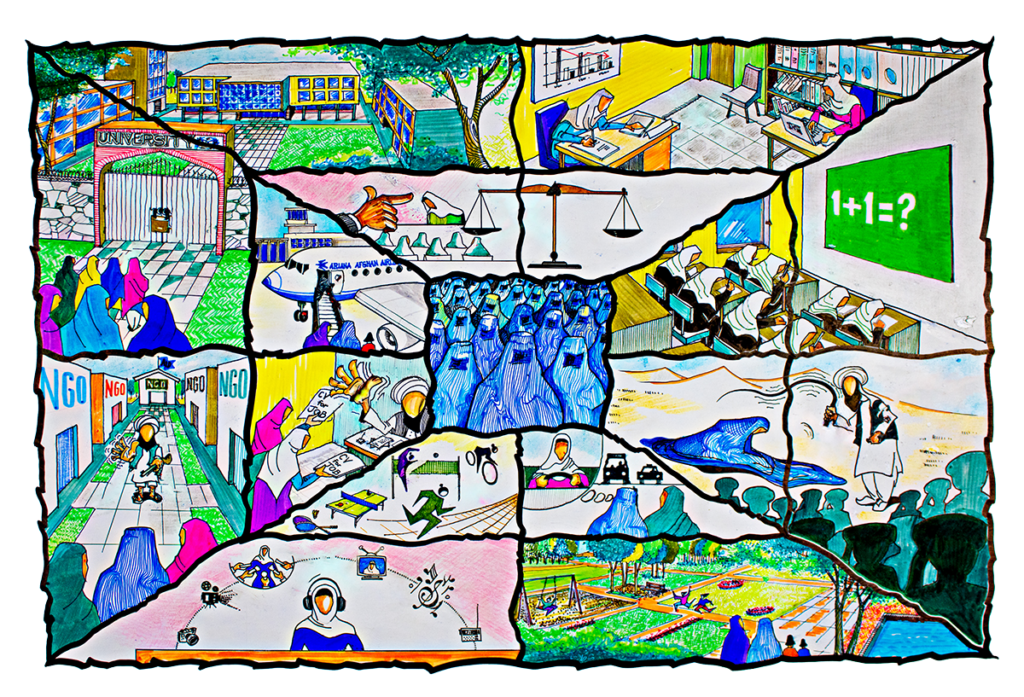
TRACKING THE TALIBAN'S (MIS)TREATMENT OF WOMEN
The United States Institute of Peace (USIP) created an interactive graphic illustrating how the Taliban are attempting to erase Afghan women from public life.
The timely graphic tracks Taliban edicts, decrees and policies that target women’s rights.
» Access the graphic
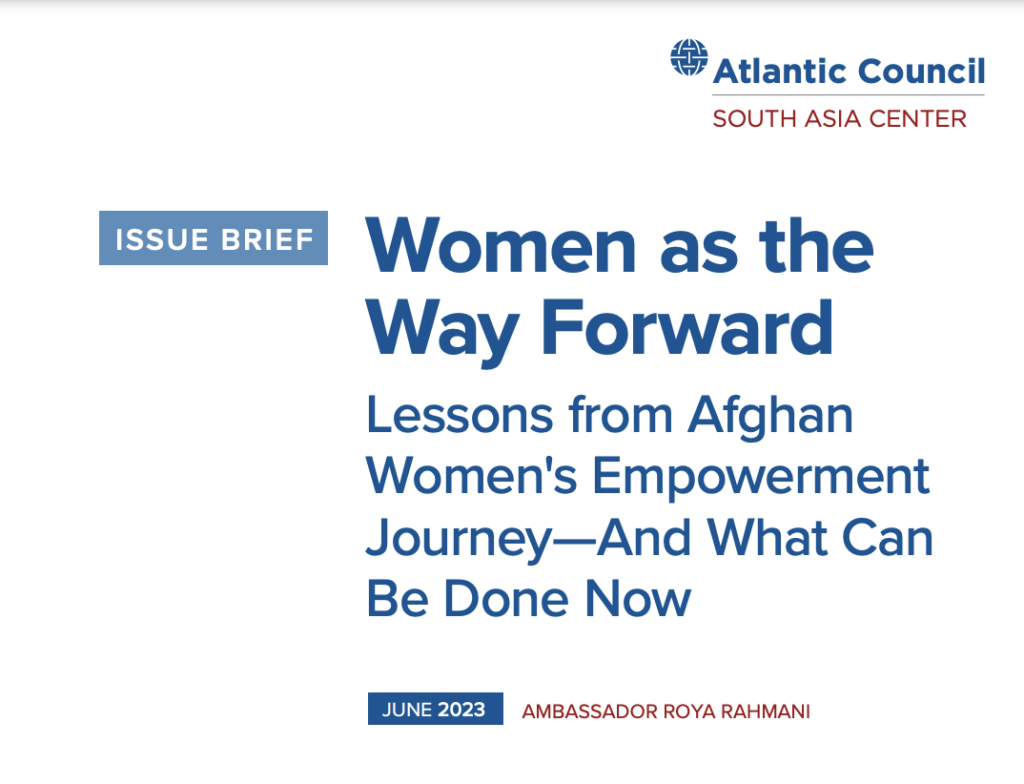
How to advance women’s rights in Afghanistan
Report
GIWPS distinguished fellow Amb. Roya Rahmani offers her opinion on how to advance women’s rights in Afghanistan under Taliban rule in a new report published by the Atlantic Council.
“The futures of so many Afghans—young girls banned from school, women imprisoned in their own homes, and an entire generation whose dreams have been crushed—depend on what we do now. Without engagement, no progress will be made. I hope this report makes the road ahead clearer.”
» Access the report here
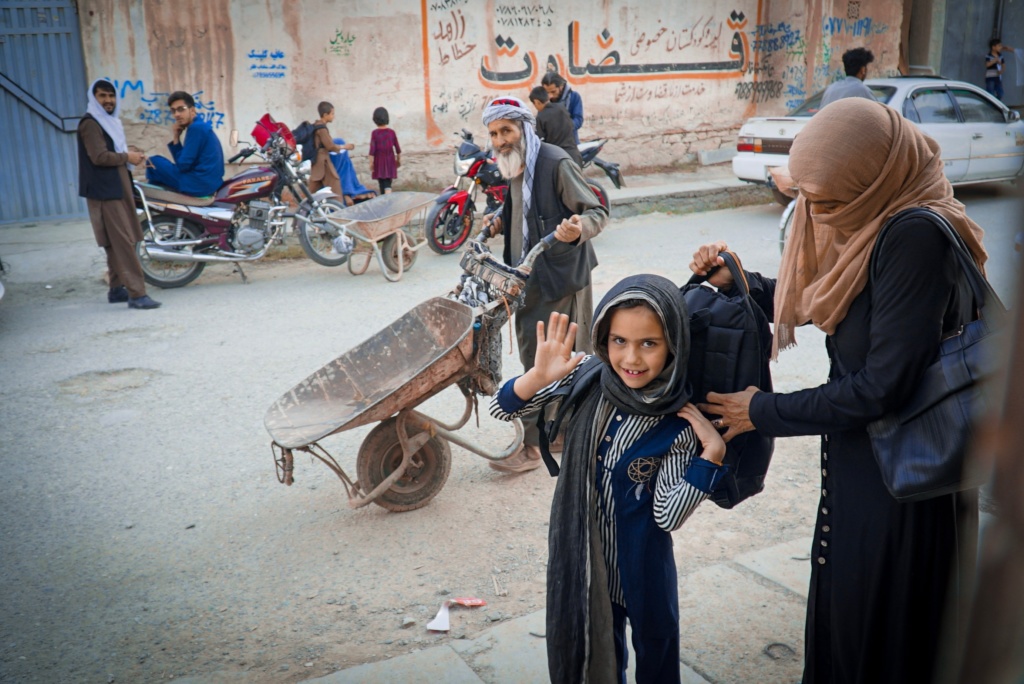
Pathways to Education for Afghan Women and Girls
Policy brief
This month, Afghanistan’s schools opened for the start of a new academic year, but Afghan girls remain excluded from the classroom. The Taliban’s ban on girls’ education has lasted over a year and its implications are dire. Without the promise of a secondary education, increases in forced child marriage, gender-based violence, and depression disproportionately affect Afghan women and girls. There is no simple solution or replacement for in-person schooling. However, in this critical moment, the international community must identify, fund, and monitor alternative pathways to education for Afghan girls while continuing to advocate for a reversal of the ban.
» Access the brief here
ISLAM AND NEGOTIATION
BRIEFS FOR NON-MUSLIM NEGOTIATORS AND MEDIATORS
The Georgetown Institute for Women, Peace and Security is pleased to share briefs to help non-Muslim negotiators and mediators gain a better understanding of the central Islamic values that may play a role in negotiation and mediation processes. The briefs, which are available in English and Dari, demonstrate how girls’ education, women’s employment, and women’s independence from a ‘mahram’ or guardian are supported by the Quran and Sunnah (Sayings and Practices of the Prophet Muhammed) and Islamic tradition.
» Access the briefs here
FUTURES IN THE BALANCE
Taking Action to Ensure Afghan Women's & Girls' Rights Under Taliban Rule
As the situation in Afghanistan deteriorates further, the U.S. must show leadership and take action to mobilize the international community to center gender equality and human rights in all diplomatic, development, peacebuilding, and humanitarian engagement in Afghanistan. Recommendations from the Alliance for Peacebuilding, Futures Without Violence, the Georgetown Institute for Women, Peace, and Security, Mina’s List, Refugees International, VOICE, and the Women’s Refugee Commission.
» Download the PDF here
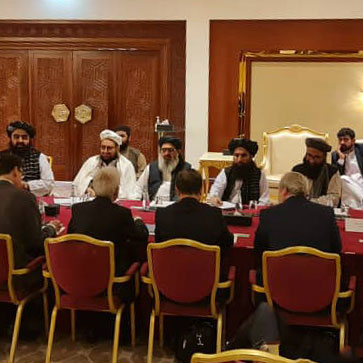
Holding the Taliban Accountable
While the Taliban has accelerated targeted killings of activists and journalists, systematically ratcheted up its restrictions on the rights of Afghan citizens, international leaders have struggled to find leverage that could hold the Taliban accountable and prevent the further of human rights. At a June event hosted by GIWPS, experts explored the leverage world leaders still have and made recommendations for using it to improve conditions in Afghanistan.
» Read the white paper » Download the PDF here
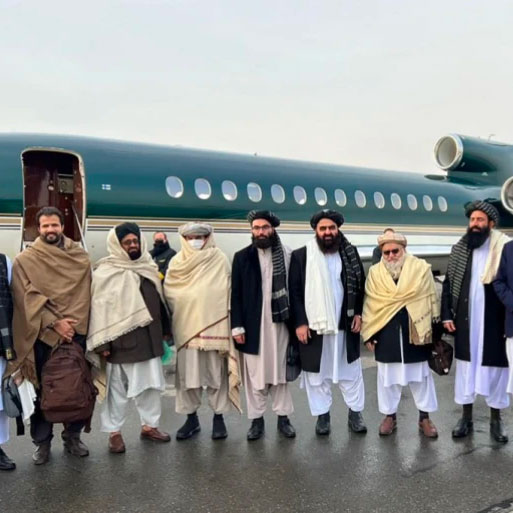
Reinstate the Taliban travel Ban
The UN Security Council’s imminent decision on whether to reimpose the longstanding international travel ban on senior members of the Taliban’s leadership is a critical opportunity to reclaim international leverage in pursuit of peace, stability, and a restoration of women’s and human rights in Afghanistan.
» Read the timeline
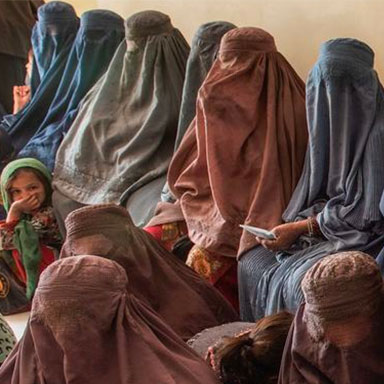
A TIMELINE OF THE TALIBAN'S ASSAULT ON WOMEN'S AND HUMAN RIGHTS
A chronological outline of actions taken by the Taliban since the fall of Kabul to undermine, restrict, and assail women’s and human rights in Afghanistan.
» Read the timeline
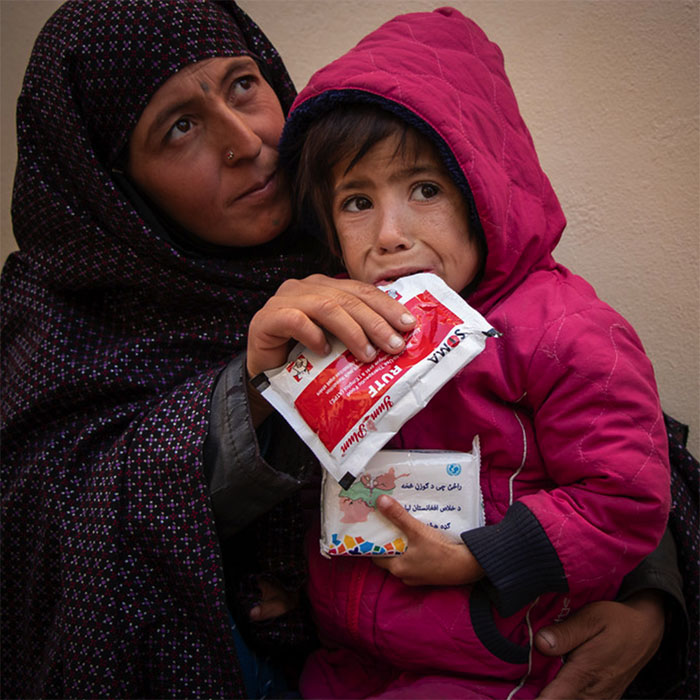
Humanitarian assistance
Inclusion of Local NGOs and Women Groups as Humanitarian Drivers and Long-term Partners
Local NGOs and women’s groups are essential drivers of effective aid management and distribution. Including these groups in the humanitarian funding delivery process is critical to reaching women across Afghanistan and ensuring women-led institutions are centered in the humanitarian agenda. This GIWPS paper explores priority issues in this area and makes five recommendations for a constructive path forward.
» Read the white paper » Download the PDF here
Recommendations for addressing the humanitarian crisis in Afghanistan derived from an expert discussion convened by the Georgetown Institute for Women, Peace and Security on January 20, 2022.
» Download the PDF here
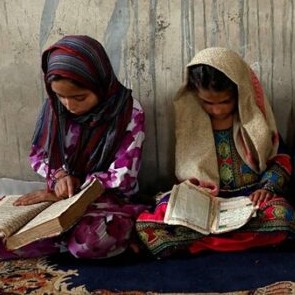
Women and Girls’ Education
Responding to the Taliban’s Reversal on Girls’ Education
This new white paper identifies six recommendations for how the international community can mobilize on behalf of Afghan girls, leading the establishment of a clear, coordinated red line: a specified date by which girls’ middle and high schools must be reopened and all Afghan girls must be free to attend school.
» Read the white paper » Download the PDF here
Girls’ Education and Islam: A Divine Command with Historical Precedent
This new white paper dismantles the Taliban’s invocation of Islam to justify its closing down of girls’ schools. In the Muslim faith, education is a divine command for both men and women. All the sacred sources of Islamic teaching – the Quran, the Hadith, and the Sunnah – leave no doubt that women, like men, are obligated to increase their knowledge and pursue it.
» Read the white paper » Download the PDF here
Solutions for Addressing the Education Crisis in Afghanistan
Recommendations for how to holistically address the education crisis in Afghanistan, including how to engage with the Taliban on education, ensure wider education access for girls, collaborate with civil society actors, and mobilize the international community, all while centering the agency of Afghan women in the response.
» Download the PDF here
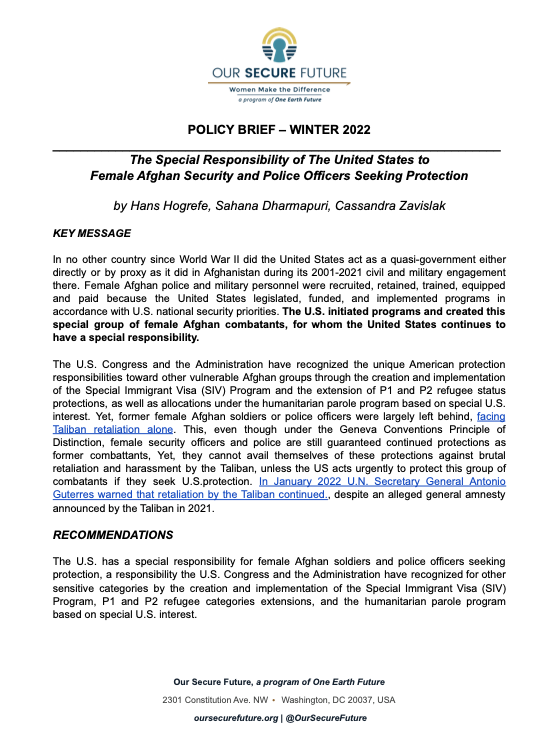
protecting afghan women SECURITY and police officers
Recommendations from Our Secure Future for supporting Afghan women who served as security and police officers, drawing on international humanitarian law (IHL) and US legislation classifying them as combatants and affording them special protections.
» Download the PDF here
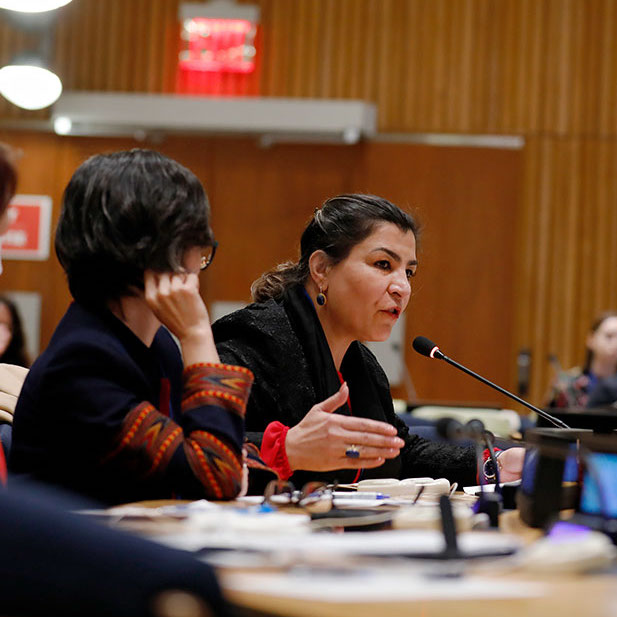
UNAMA MANDATE RENEWAl
Recommendations from Afghan women experts to the UN Security Council for renewing the United Nations Assistance Mission in Afghanistan (UNAMA) mandate with robust and inclusive language on human rights monitoring, humanitarian assistance, and inclusivity.
» Download the PDF here
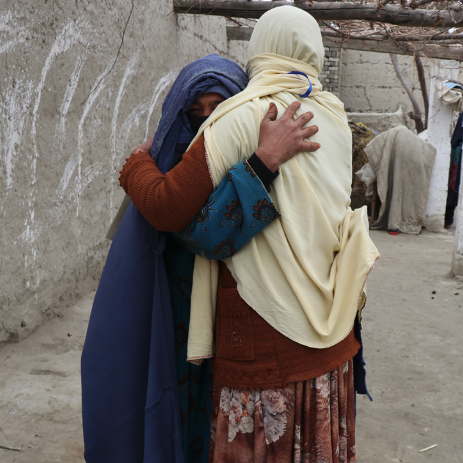
"No one hears our voices"
Report from Women for Women International (WfWI) drawing on interviews with Afghan women and Afghan women’s rights organizations, describing women’s experiences living under the Taliban, and containing policy recommendations for advancing women’s rights, participation, and inclusion in public life.
» Read the report here
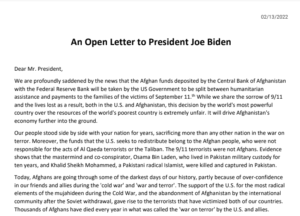
U.S. CONFISCATION OF AFGHAN RESERVES
An open letter to President Biden concerning funds deposited by the Central Bank of Afghanistan with the Federal Reserve Bank. This message is signed on behalf of more than 4,000 Afghan women from the Afghan Women’s Network and Women leaders from Women Caucus & Women Commission of Afghan Parliament, Women Coalition for peace Our Voice Our future, Afghan American Women Association, Afghan Women Peace and Freedom Organization (AWPFO).
» Download the PDF here
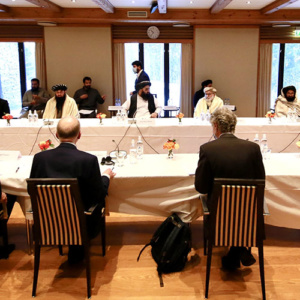
OSLO Talks
A position paper from the Afghan Women’s Network prepared for the Oslo Talks between the Taliban and Western officials in January 2022.
» Download the PDF here

